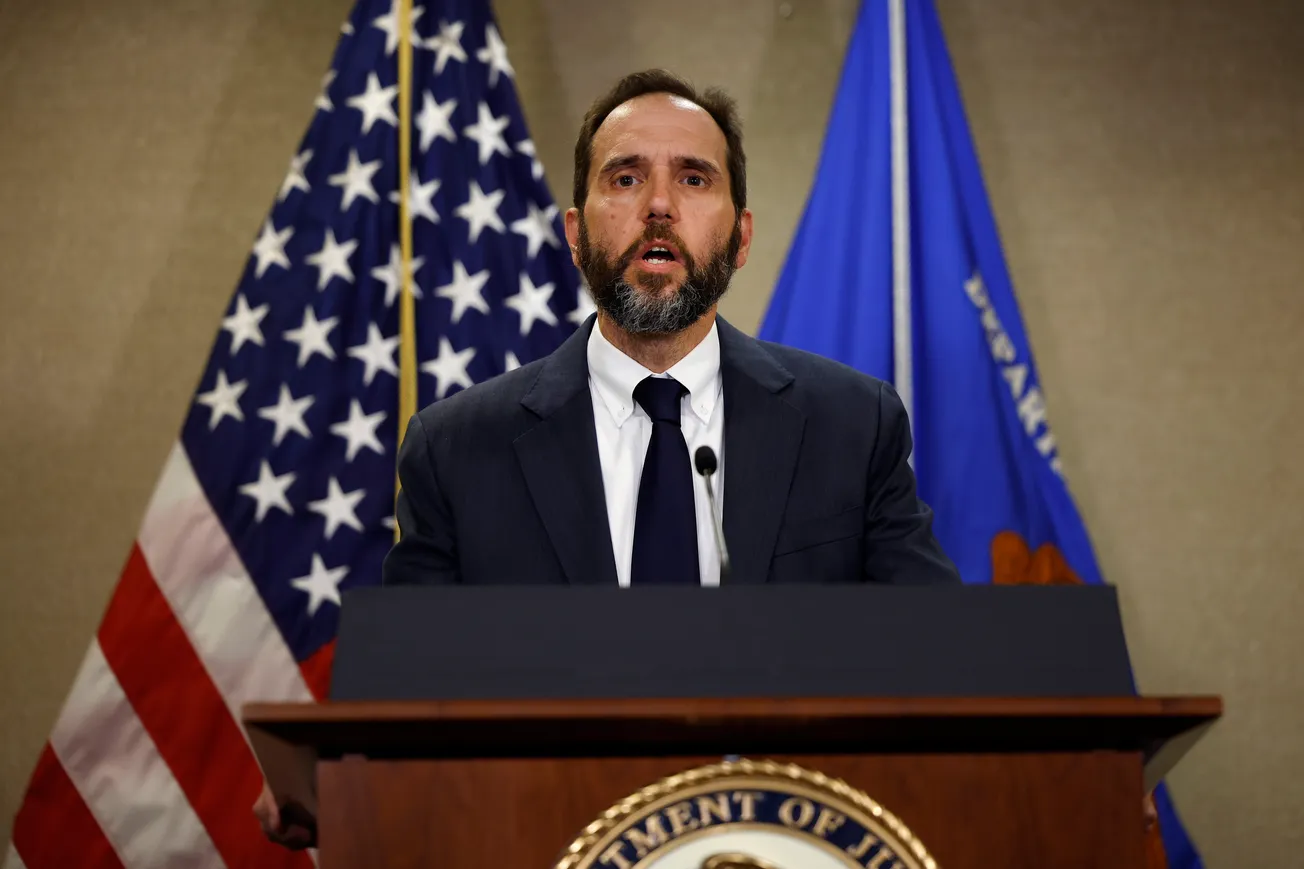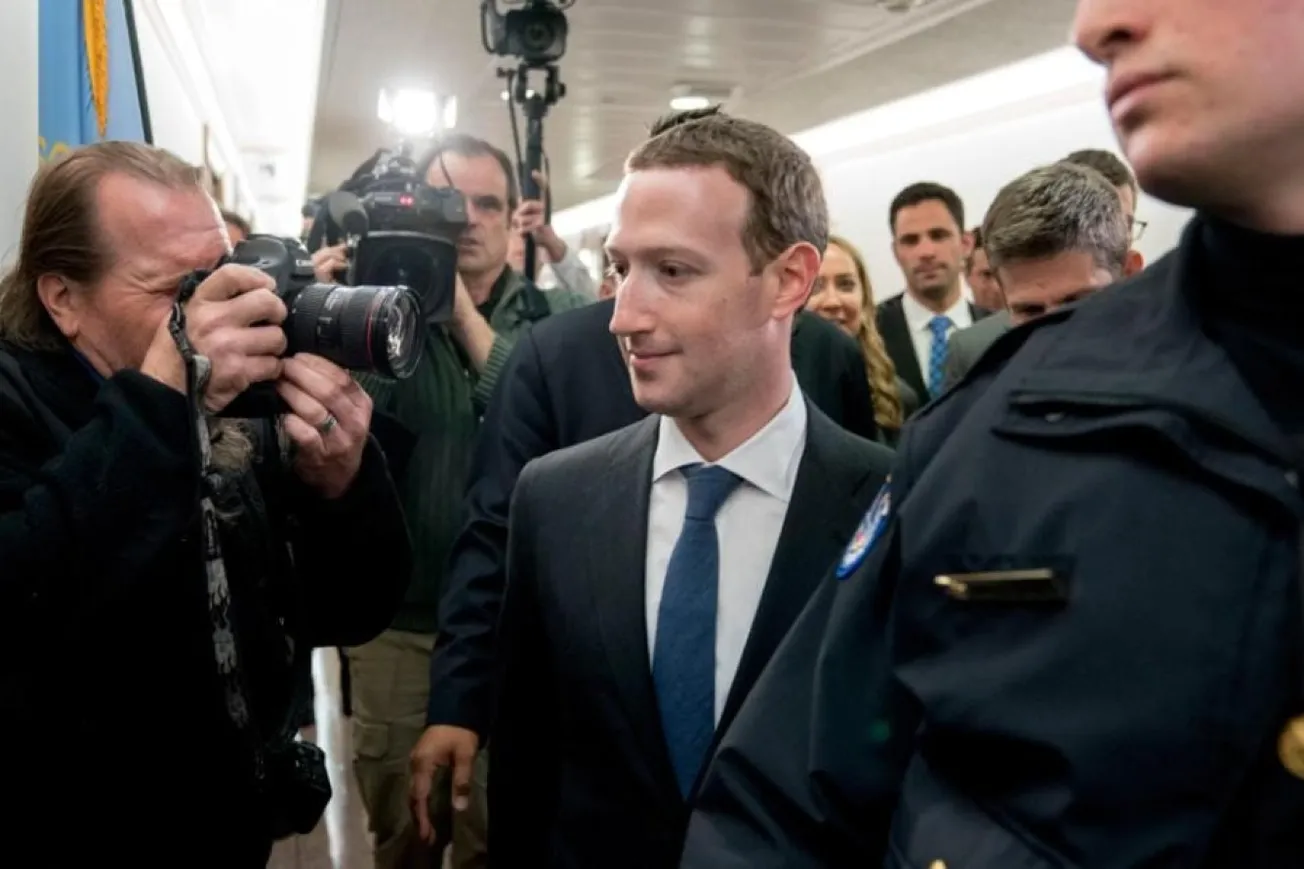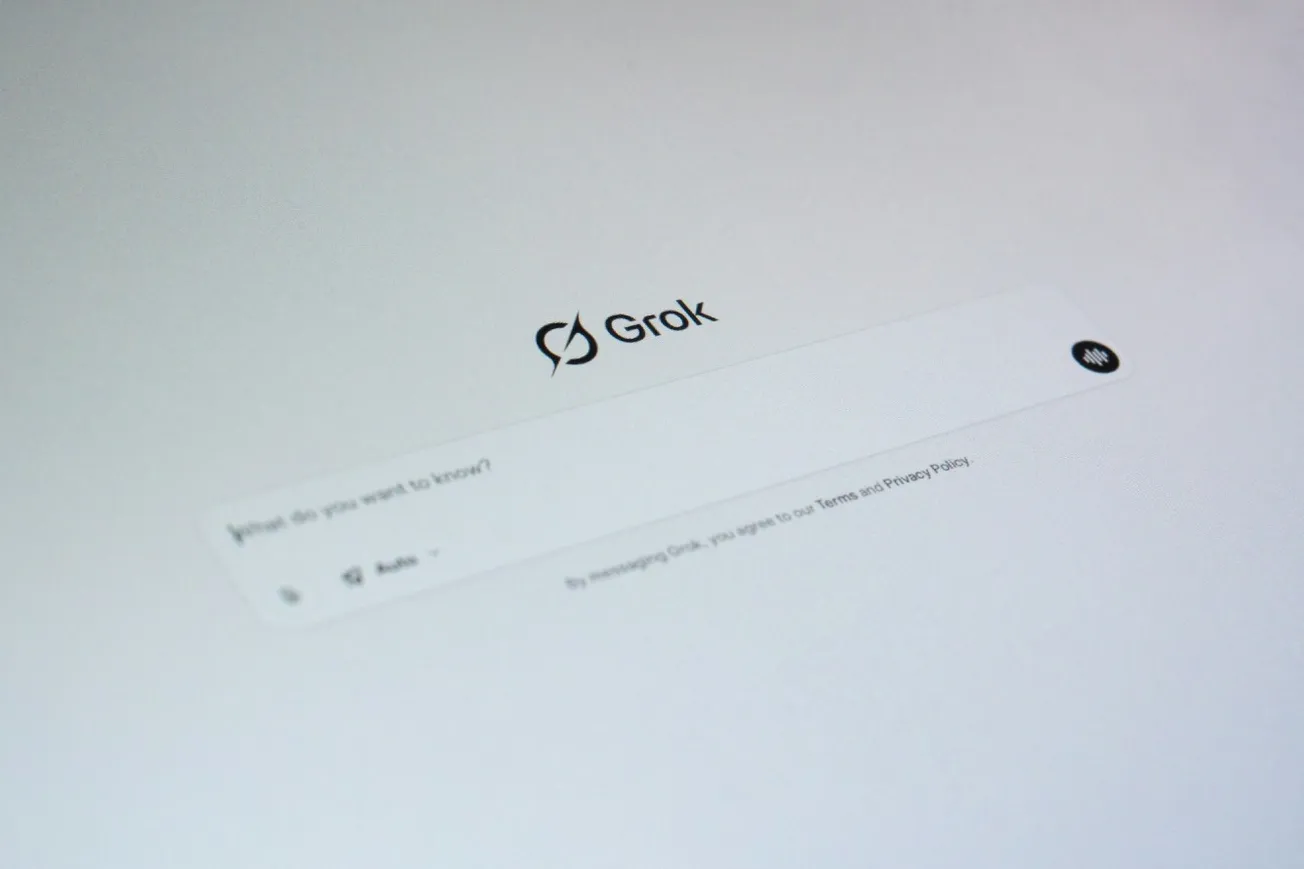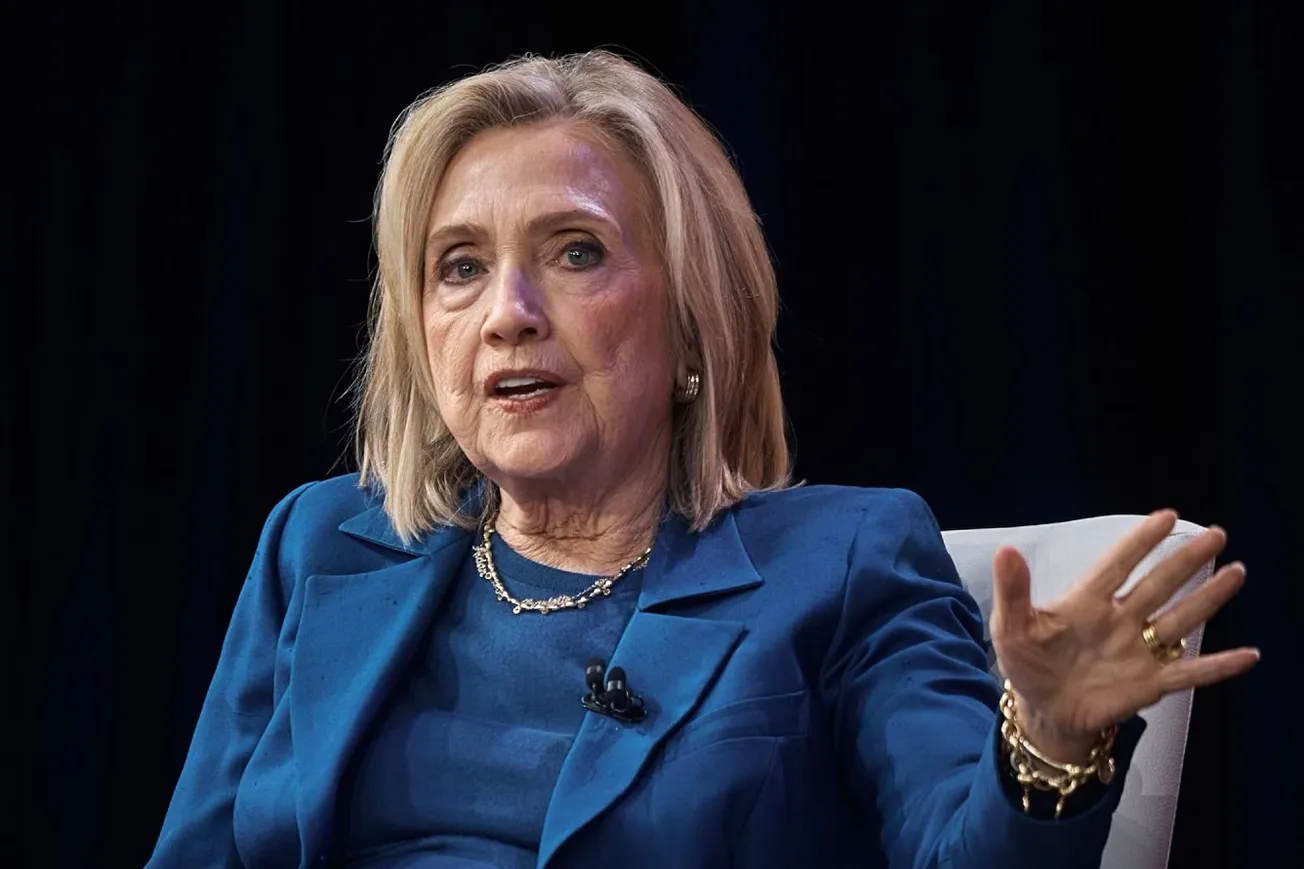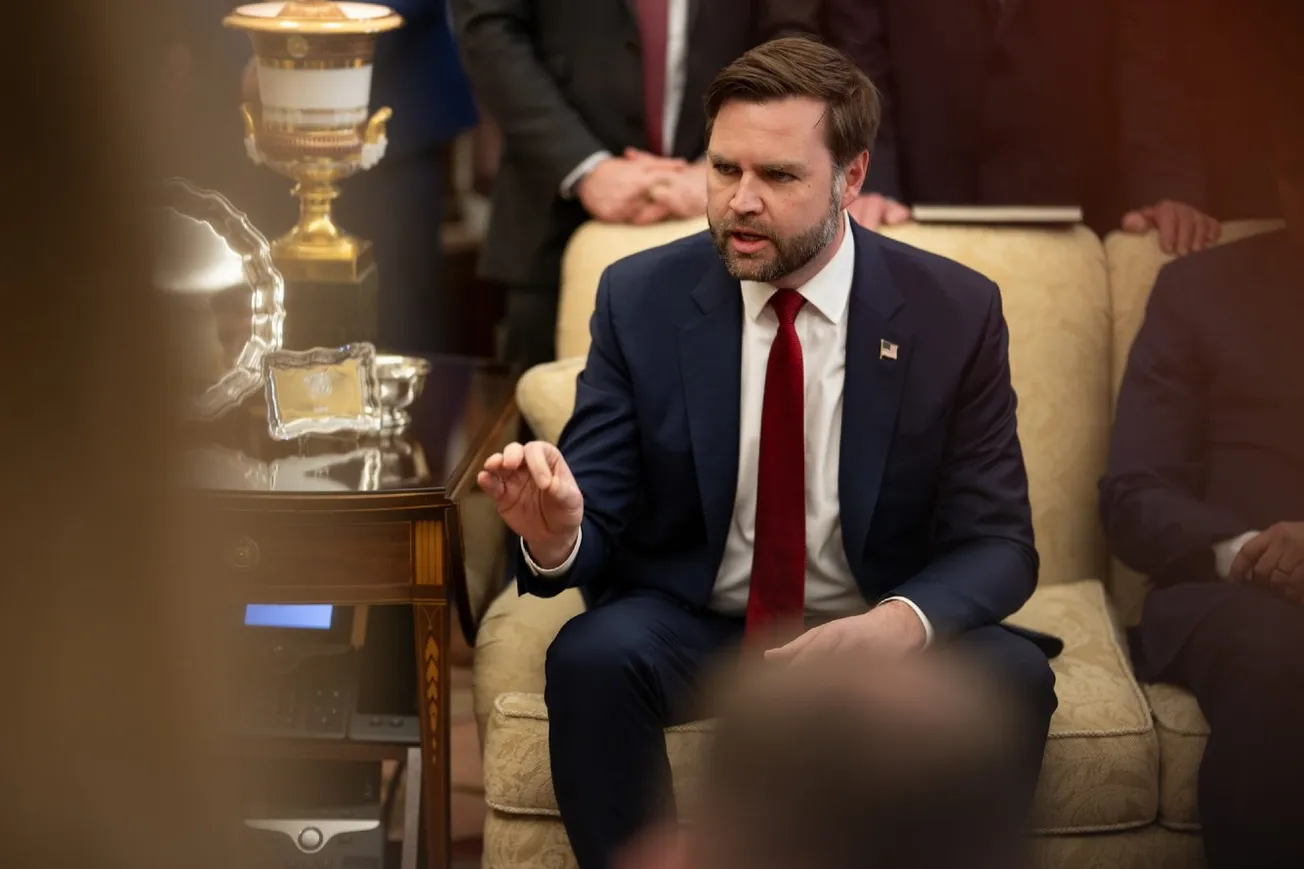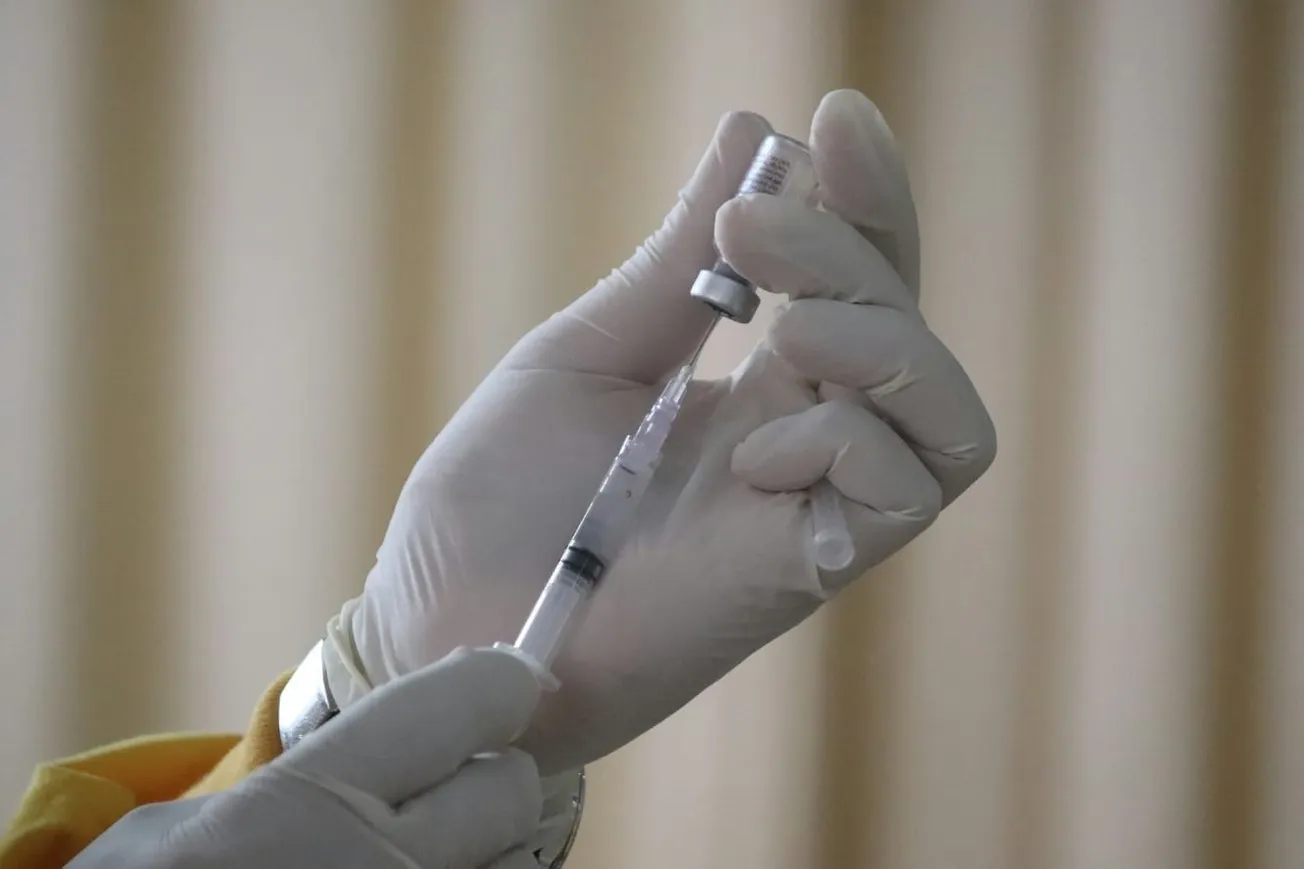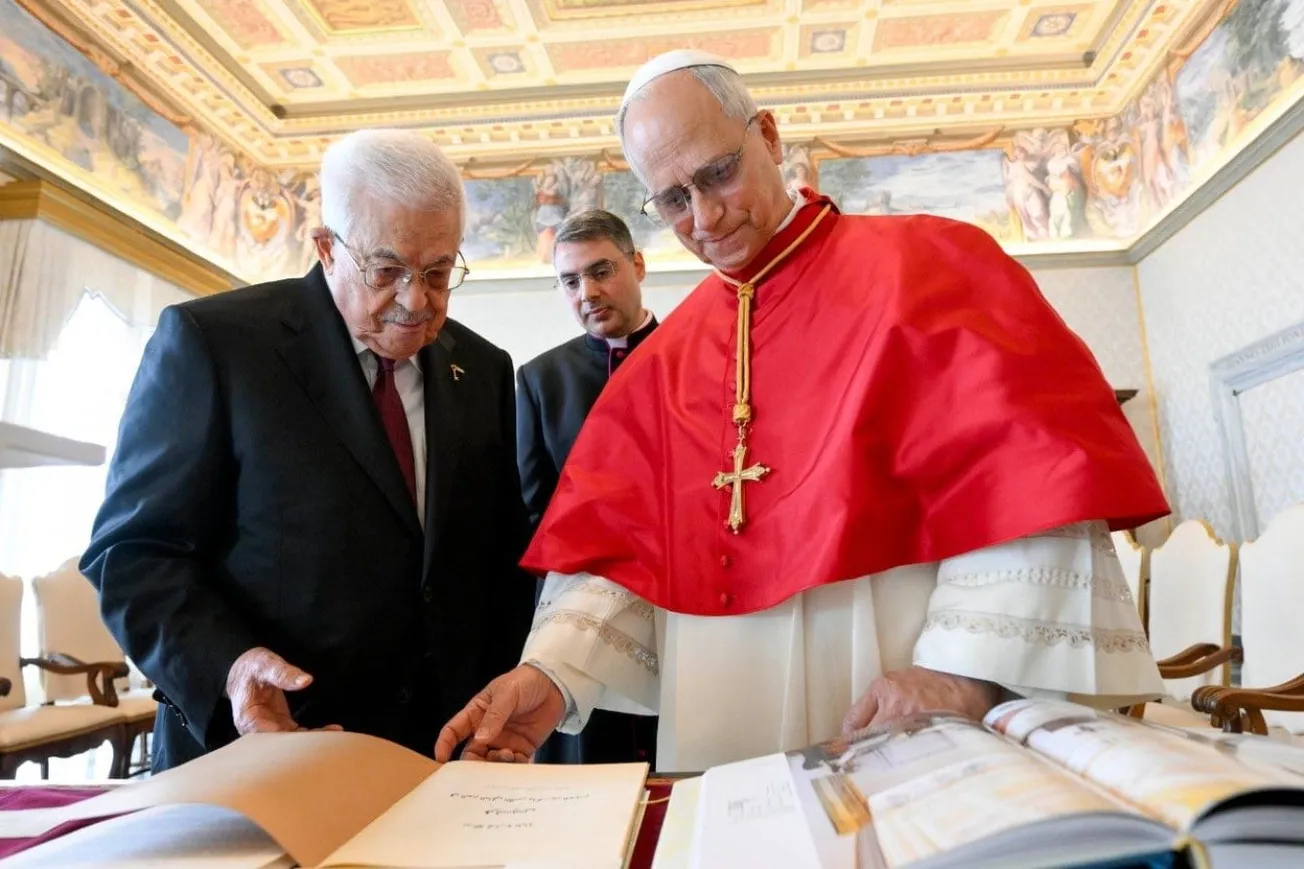A day after former President Trump was indicted, the New York Times ran a puff piece about Special Counsel Jack Smith. "The former prosecutor was chosen for his experience in bringing high-stakes cases against politicians in the United States and abroad."
But Smith's record of success in courts is mixed because news reports show he tends to push the legal envelope too hard. While his prosecutors secured a corruption conviction of former Virginia Gov. Bob McDonnell, a unanimous Supreme Court, 8-0, overturned those convictions.
Chief Justice John Roberts wrote the only opinion: "There is no doubt that this case is distasteful; it may be worse than that. But our concern is not with tawdry tales of Ferraris, Rolexes, and ball gowns. It is instead with the broader legal implications of the Government's boundless interpretation of the federal bribery statute. A more limited interpretation of the term' official act' leaves ample room for prosecuting corruption, while comporting with the text of the statute and the precedent of this Court."
Jack Smith had gone too far in his zeal to convict and come up with nothing. Worse, the 8-0 verdict meant that future prosecutors would find it more challenging to bring corruption cases against politicians because of the legal principle of Stare decisis: It is the doctrine that courts will adhere to precedent in making their decisions. Stare decisis means "to stand by things decided" in Latin. A unanimous decision strengthens Stare decisis immensely; lower courts do not have the option to cite minority opinions in dissent.
As the head of the Obama Justice Department's public integrity section, Smith also indicted Democratic vice presidential nominee John Edwards in June 2011 on six felony charges of violating multiple federal campaign contribution laws to cover up an extramarital affair. The jury rejected Smith's arguments at trial, acquitting Edwards of one count and failing to reach a verdict on five others - resulting in Edwards going scot-free. The New York Times said at the time that the judge's declaration of a mistrial in the John Edwards campaign finance case was a new setback for the Justice Department's public integrity section.
Smith tends to use a star witness and build an aggressive case against those charged. In the John Edwards case, Smith used Edwards' longtime political aide, Andrew Young, as his star witness. But as Stephen R. Weissman, a former associate director for policy at the nonpartisan Campaign Finance Institute and legislative representative for Public Citizen, noted in a Hill article, Young turned out to be a disaster in the courtroom. Weissman said the failed case raised "serious questions about Smith's and his colleagues' judgment concerning the sufficiency of evidence to prove criminal intent."
In the latest Trump 37-count indictment, Smith is relying heavily on contemporaneous notes of Trump's defense lawyer Evan Corcoran, who joined Trump's payroll after Trump received a DOJ subpoena last year for classified documents at Mar-a-Lago.
How can the prosecution use the testimony of a defense lawyer against a defendant? Aren't exchanges between the defense lawyer and Trump confidential and subject to lawyer-client privilege?
Jack Smith does not think the attorney-client privilege applies to Trump and his lawyers. Perhaps Smith was inspired by how another of Trump's lawyers, Michael Cohen, switched sides and became a prosecution witness.
To deny Trump the privilege, Smith filed a motion with a federal judge in Washington, aggressively arguing that Trump's lawyer Evan Corcoran had engaged in advancing Trump's crime of hiding classified documents from the FBI. And Beryl A. Howell, the judge, ruled that Smith had met the threshold for a special provision of the law known as the crime-fraud exception.
Even NBC News acknowledged that the ruling was rare: "It meant that the bedrock legal principle that attorney-client communications stay secret did not apply because Justice Department lawyers showed that legal services had been used in furtherance of a crime."
So much for Smith's assertion that America has "one set of laws in this country, and they apply to everyone."
Indeed, the Trump team was sharply critical of the Howell ruling. A Trump spokesperson at the time said: "Whenever prosecutors target the attorneys, that's usually a good indication their underlying case is very weak. If they had a real case, they wouldn't need to play corrupt games with the Constitution. Every American has the right to consult with counsel and have candid discussions -- this promotes adherence to the law. We will fight the Department of Justice on this front and all others that jeopardize fundamental American rights and values."
Expect the Trump legal team to file a motion to exclude the Corcoran notes and testimony when the case lands on the desk of a federal district judge, Aileen Cannon, who ruled favorably for Trump last year when the FBI first raided his residence to confiscate documents. Cannon has wide latitude here. She will examine the Government's charges and decide whether it is worthy of a jury trial and what evidence can be presented to the jury. If she agrees that the jury cannot hear the Corcoran evidence, the Smith case can suffer a severe blow.
Both sides will likely appeal whatever decision she makes, which means the entire case will ultimately land in the Supreme Court, where we predict that a Roberts Court would spare the country from future banana republic prosecutions under the "everyone is equal under the law" nonsense.
Related tippinsights editorials:
Six Strong Reasons Trump Will Come Out Ahead After All
Deep State vs. Trump: Persecution Through Prosecution
5 Reasons Why Merrick Garland Must Stop Lawfare Against Trump
Like our insights? Show your support by becoming a paid subscriber!

